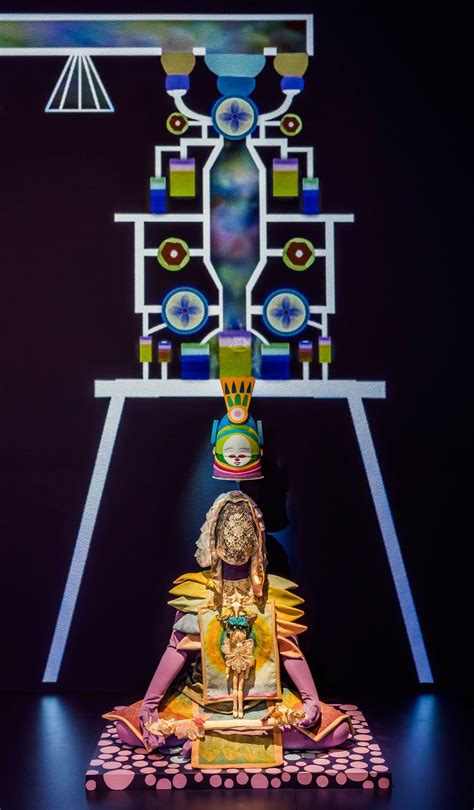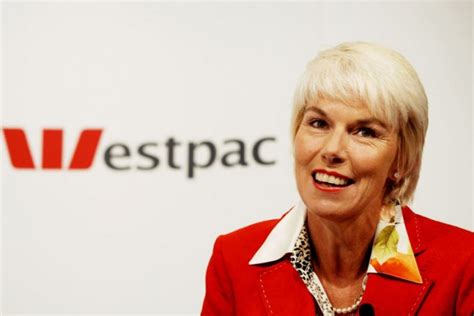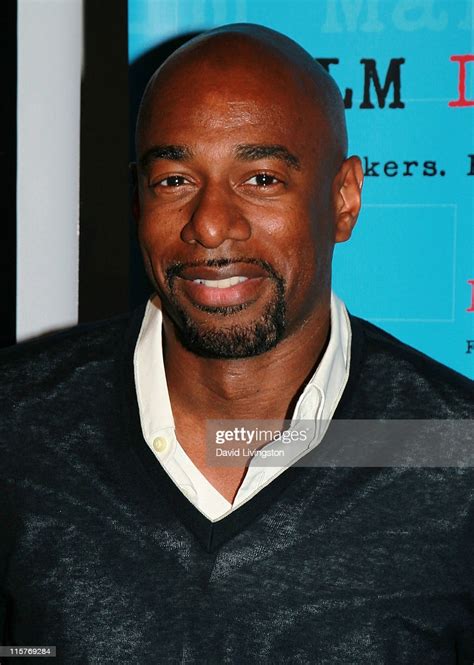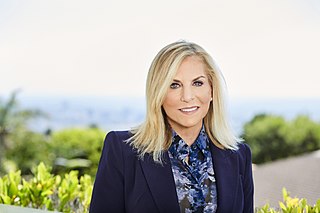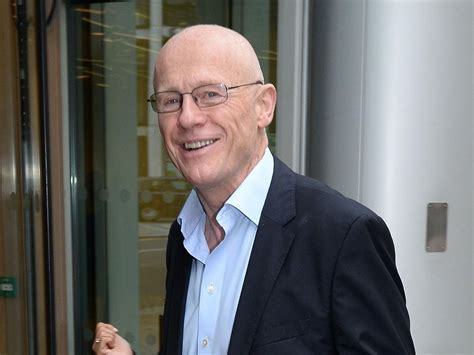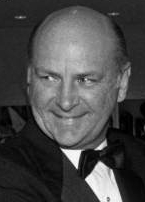A Quote by Dan Schulman
Digital payments have already made it easier to move and manage money. While there's more work to do, the potential is real and understood.
Related Quotes
In this digital age, there is no place to hide behind public relations people. This digital age requires leaders to be visible and authentic and to be able to communicate the decisions they've made and why they've made them, to be able to acknowledge when they've made a mistake and to move forward, to engage in the debate.
There's a transparency revolution sweeping the world. The more you can have transparency of payments, the more you'll be able to follow the money and the more you'll be able to see that payments for mineral rights in poor countries actually go to the people who need it, and don't get put into a kleptocrat's pocket. Transparency is terribly important for us.
The advertising marketplace is moving rapidly into digital videos. We know that by 2018 it is estimated that it will be a $12.2 billion business. We've been seeing the agencies combine their digital video spend with television spend and put it under one spend and just calling it "video." The pool of money is becoming much bigger. The comparisons between television and digital video are being made much more often because you can account for who's watching, you can't fast-forward through the commercials. There's a much more intimate relationship with someone watching digital video.
The faster we grew, the more stores we had open, the more money we made. Employees move quickly up the ranks of a company that's growing fast. Shareholders made a lot of money. If you invested $25,000 from January 1987 to January 1994, you'd have more than a million dollars. I get a lot of personal satisfaction from that.
I work with digital audio, which is like sculpting, a form of chiseling down metal or wood. And I take audio and move it back and forth between the analog and digital realms and work with it almost like a plastic art until it takes forms in different shapes. And I use those figurines that come out of that type of work.
I see more and more that my work goes infinitely better when I am properly fed, and the paints are there, and the studio and all that... I wish I could manage to make you really understand that when you give money to artists, you are yourself doing an artist's work, and that I only want my pictures to be of such a quality that you will not be too dissatisfied with your work.


